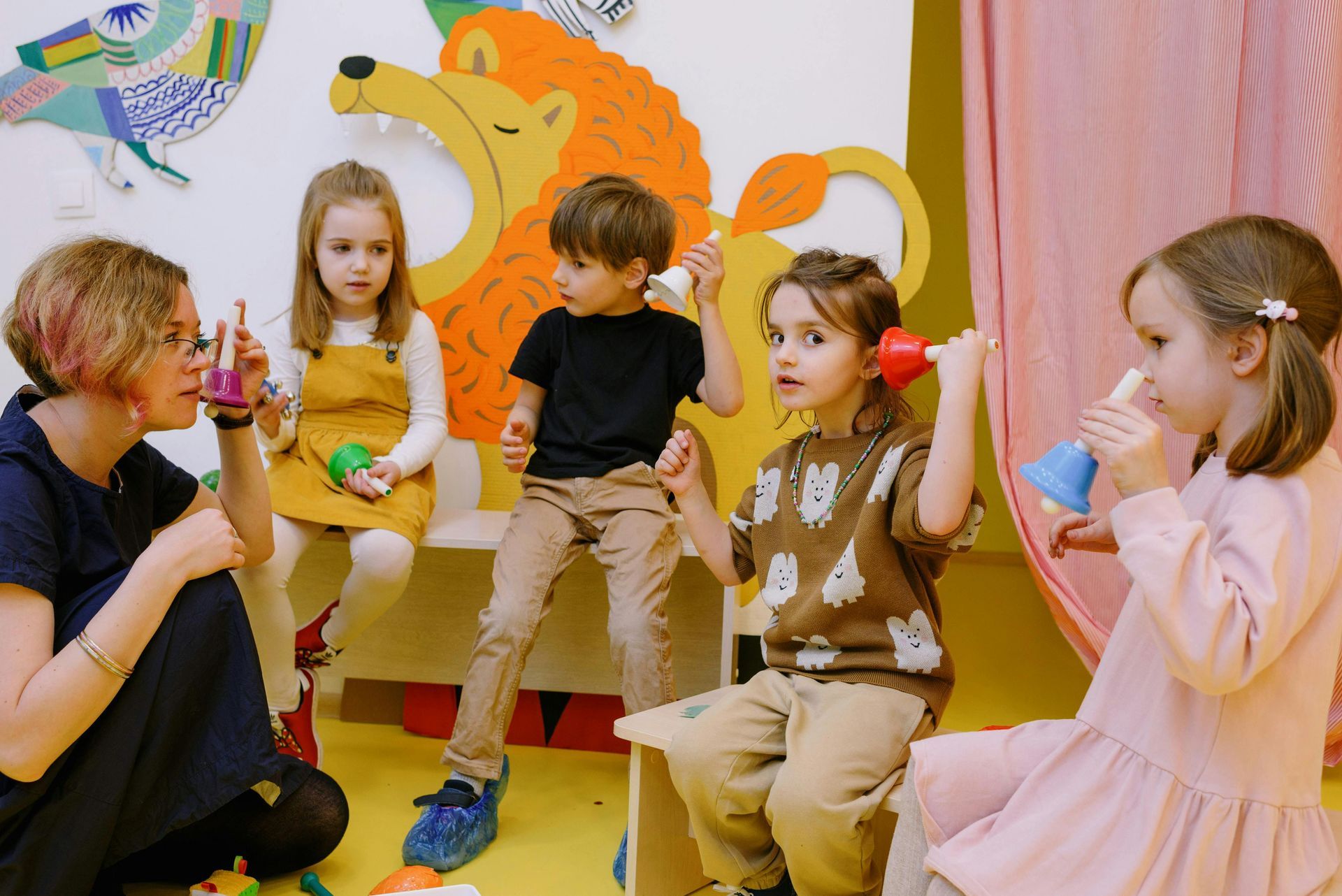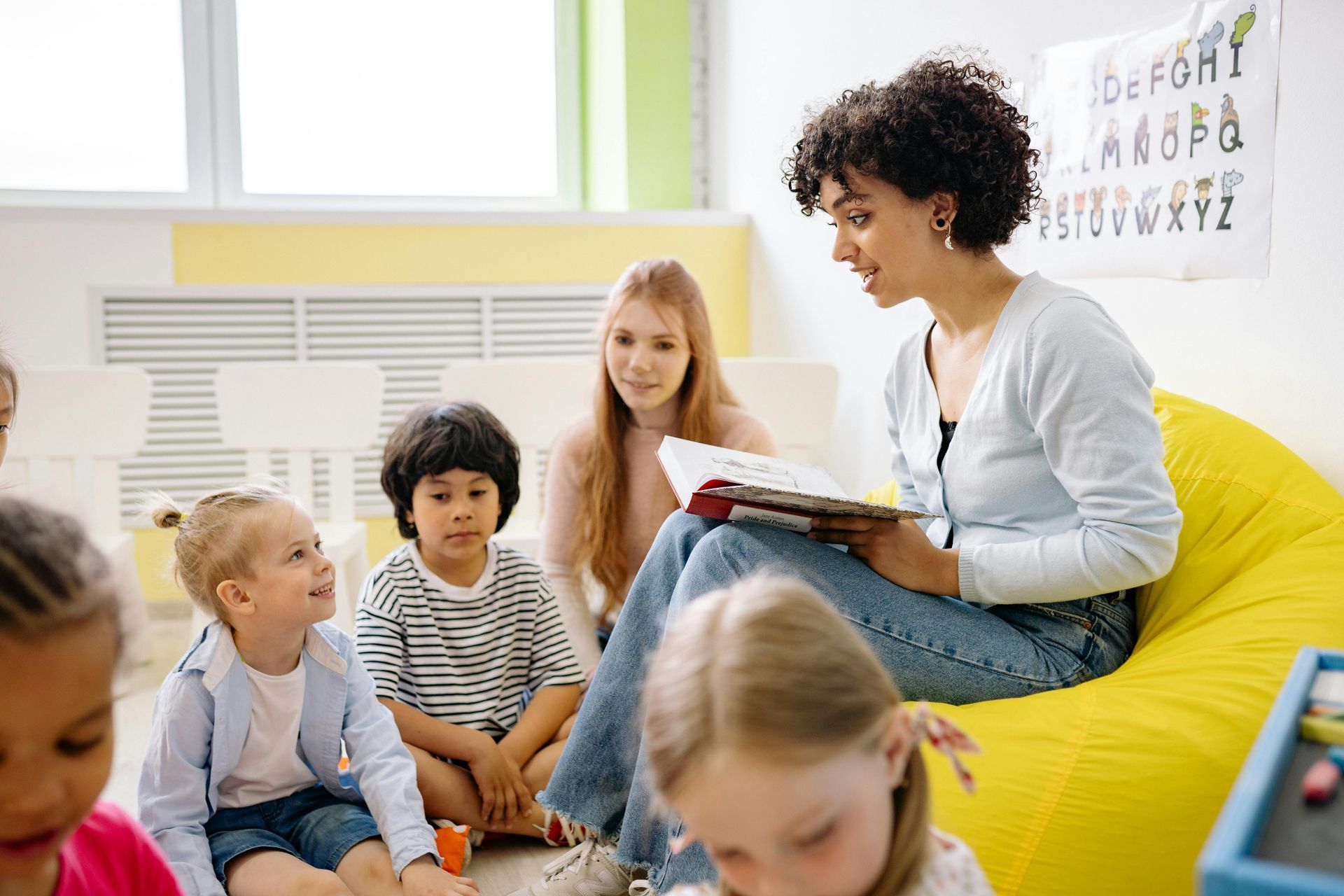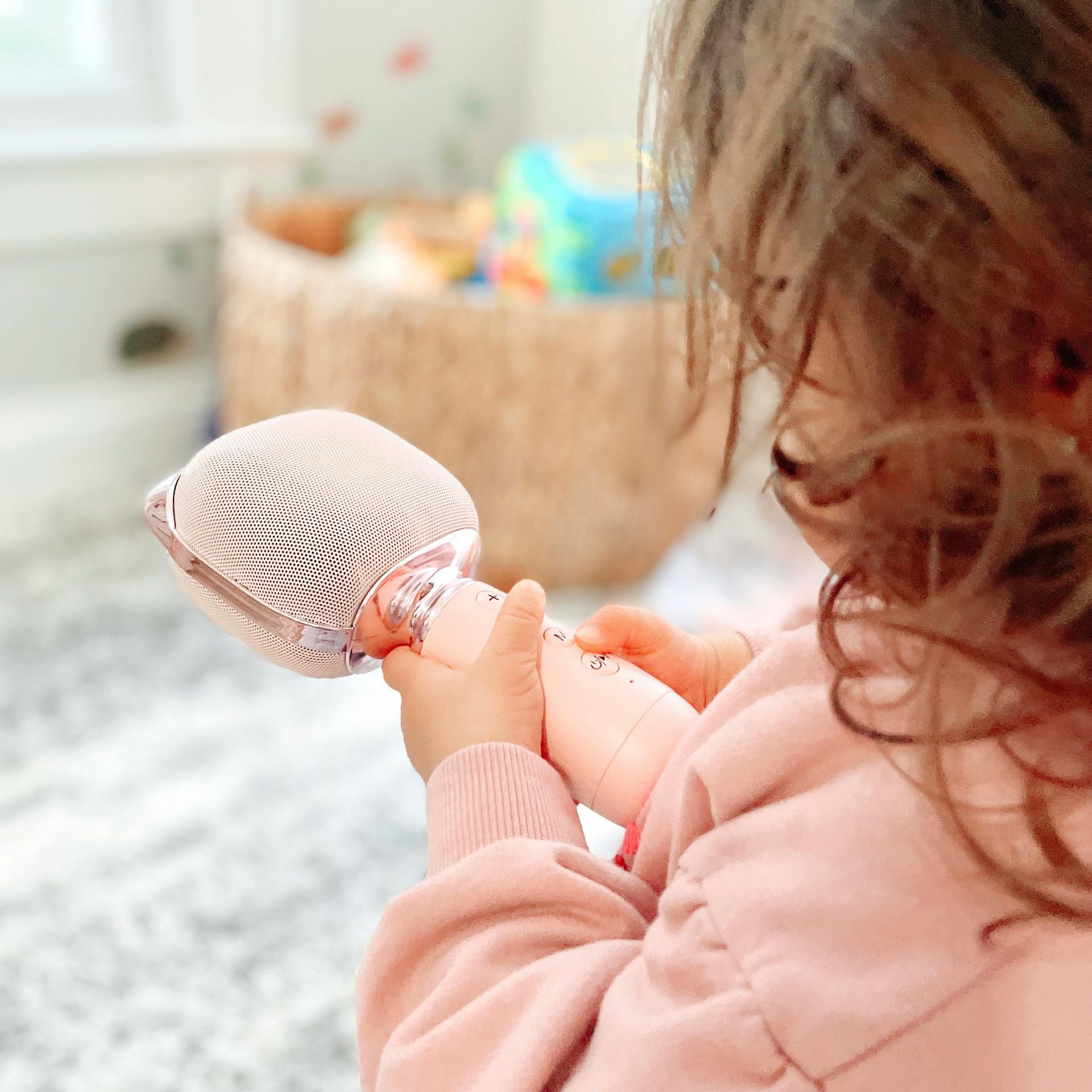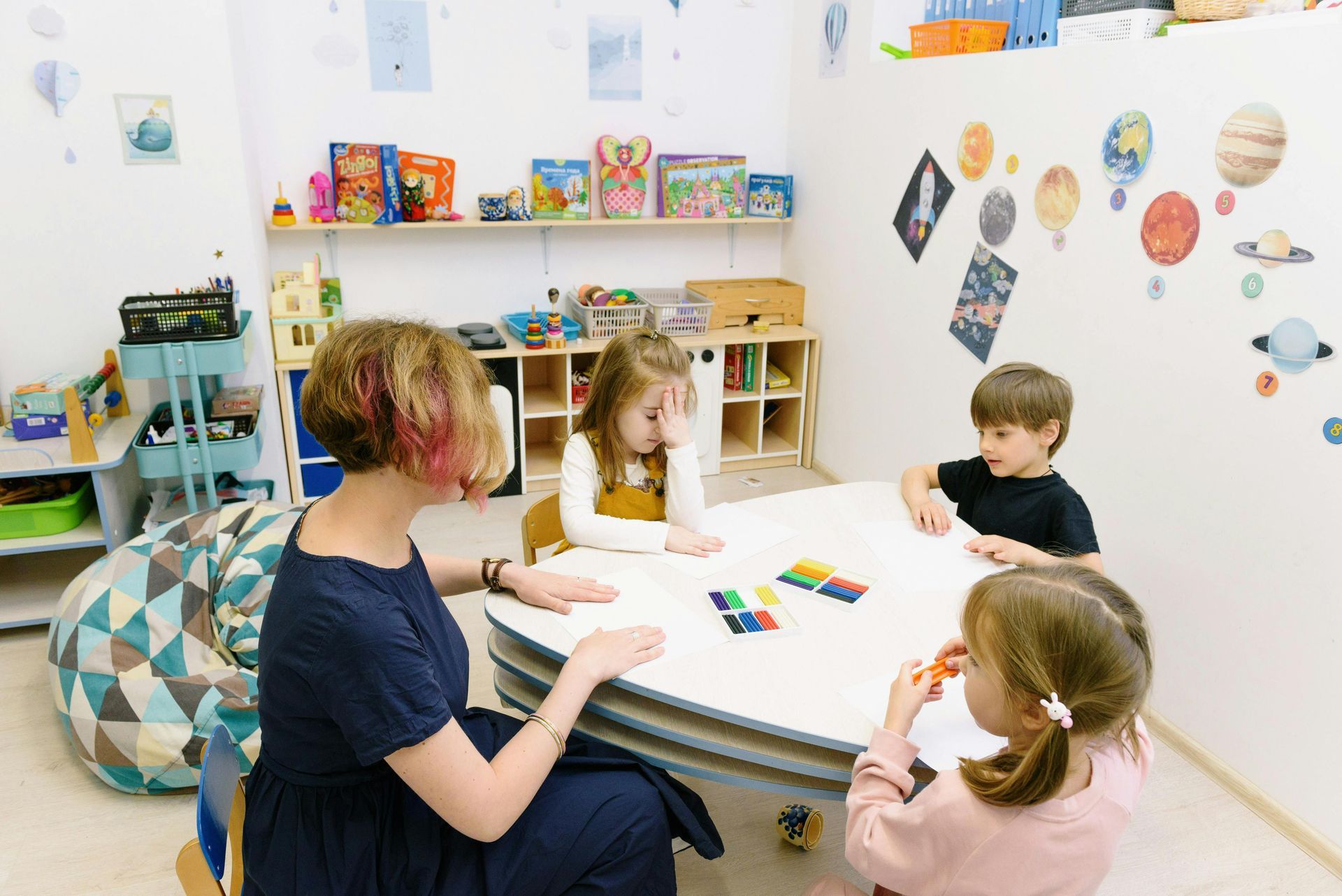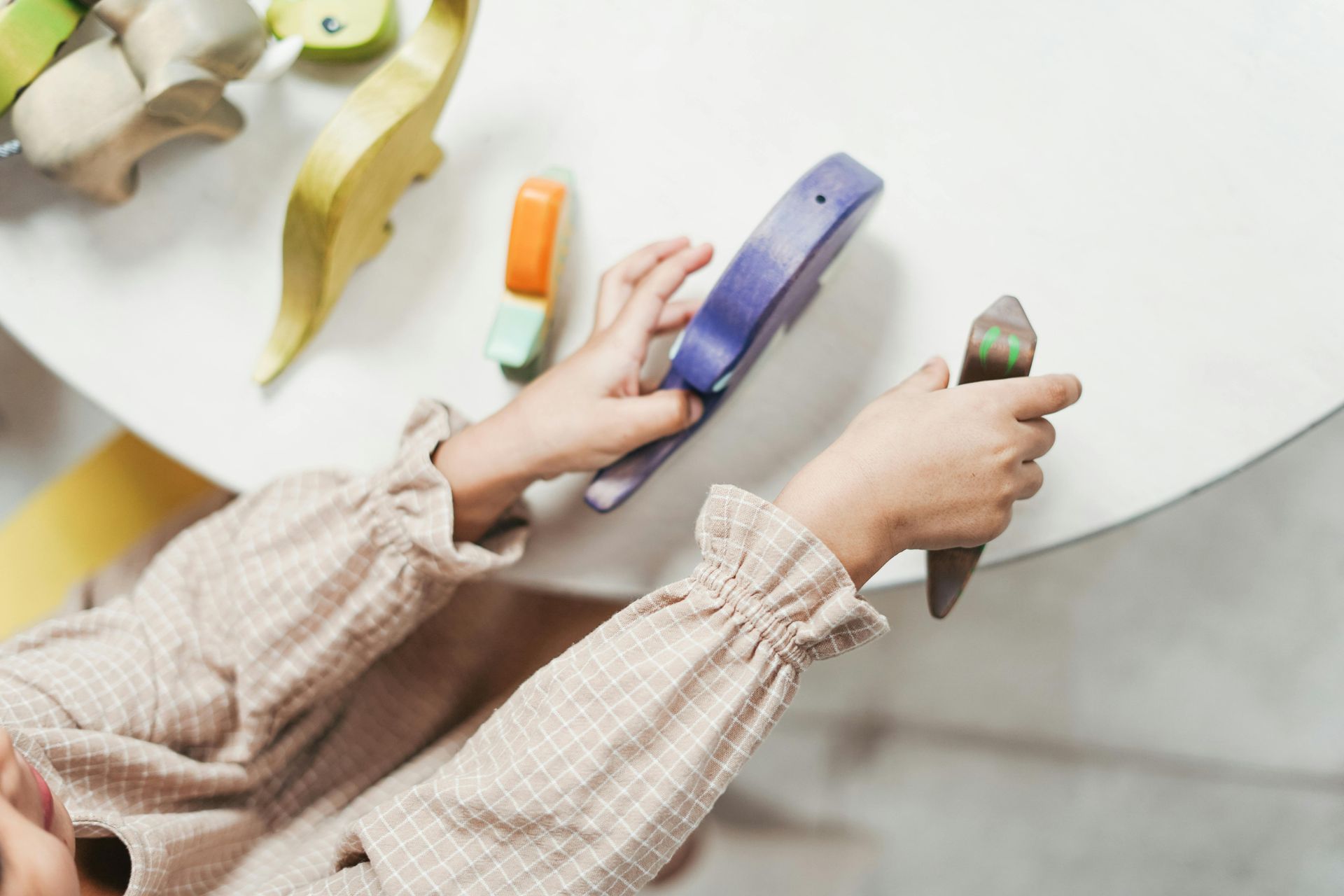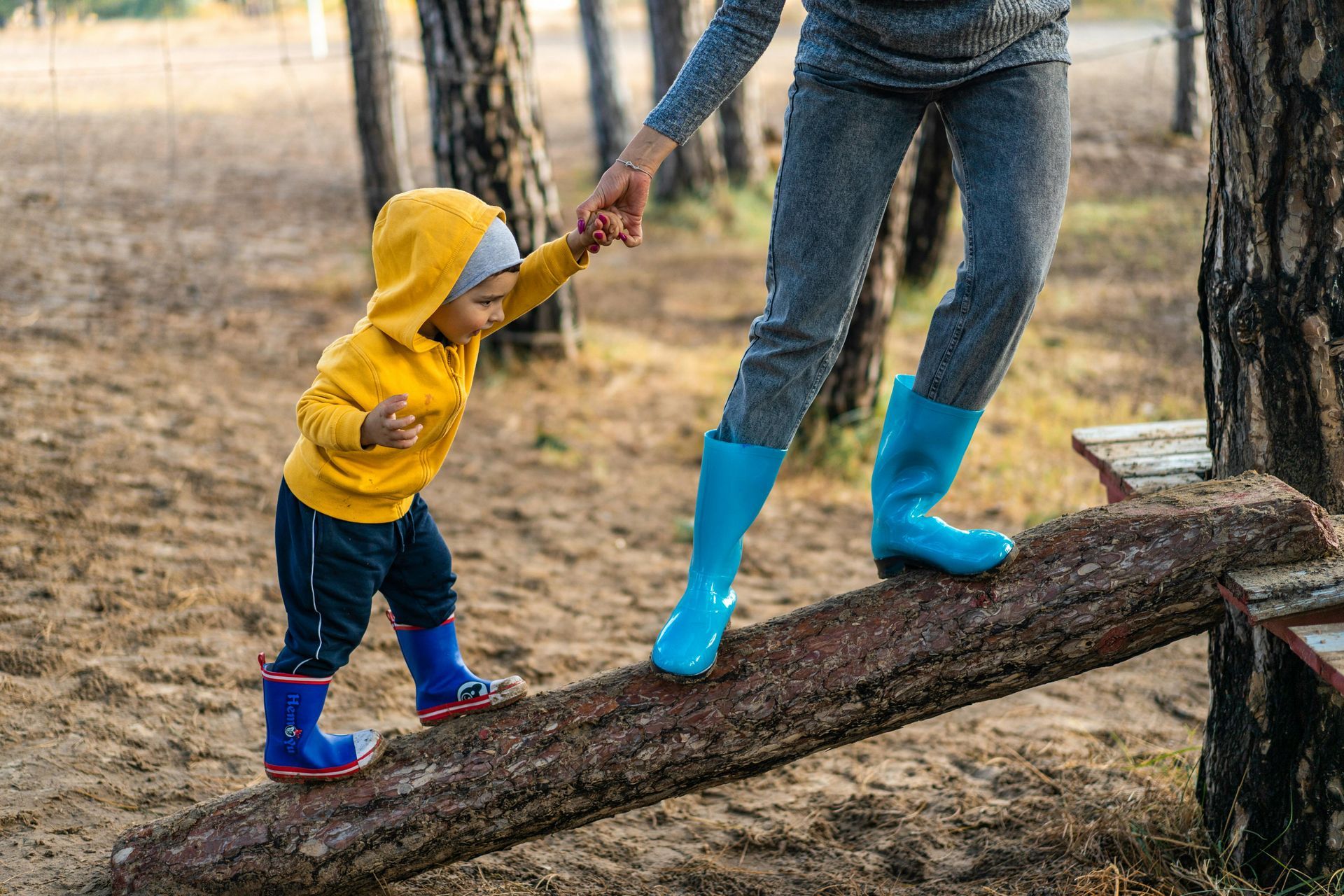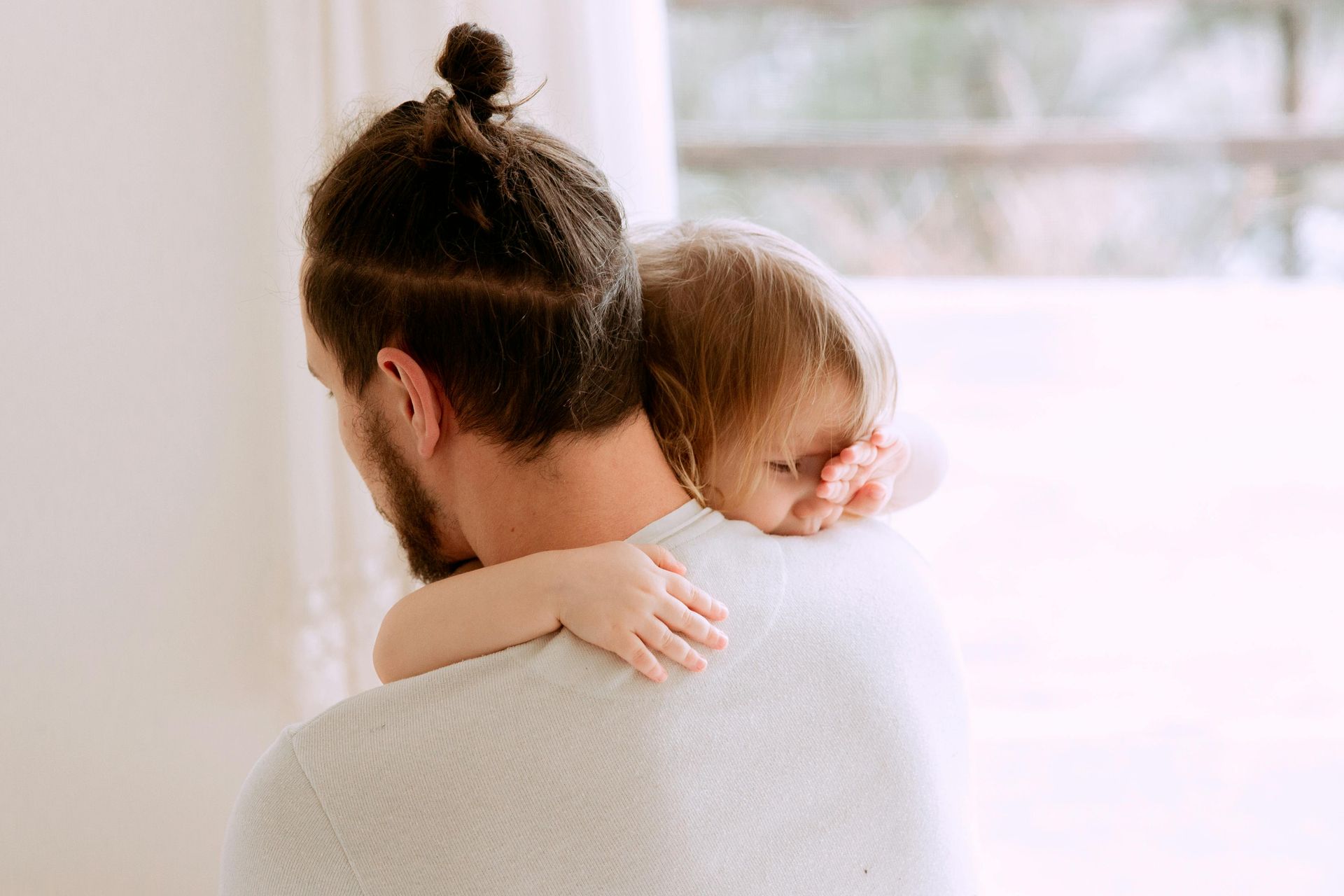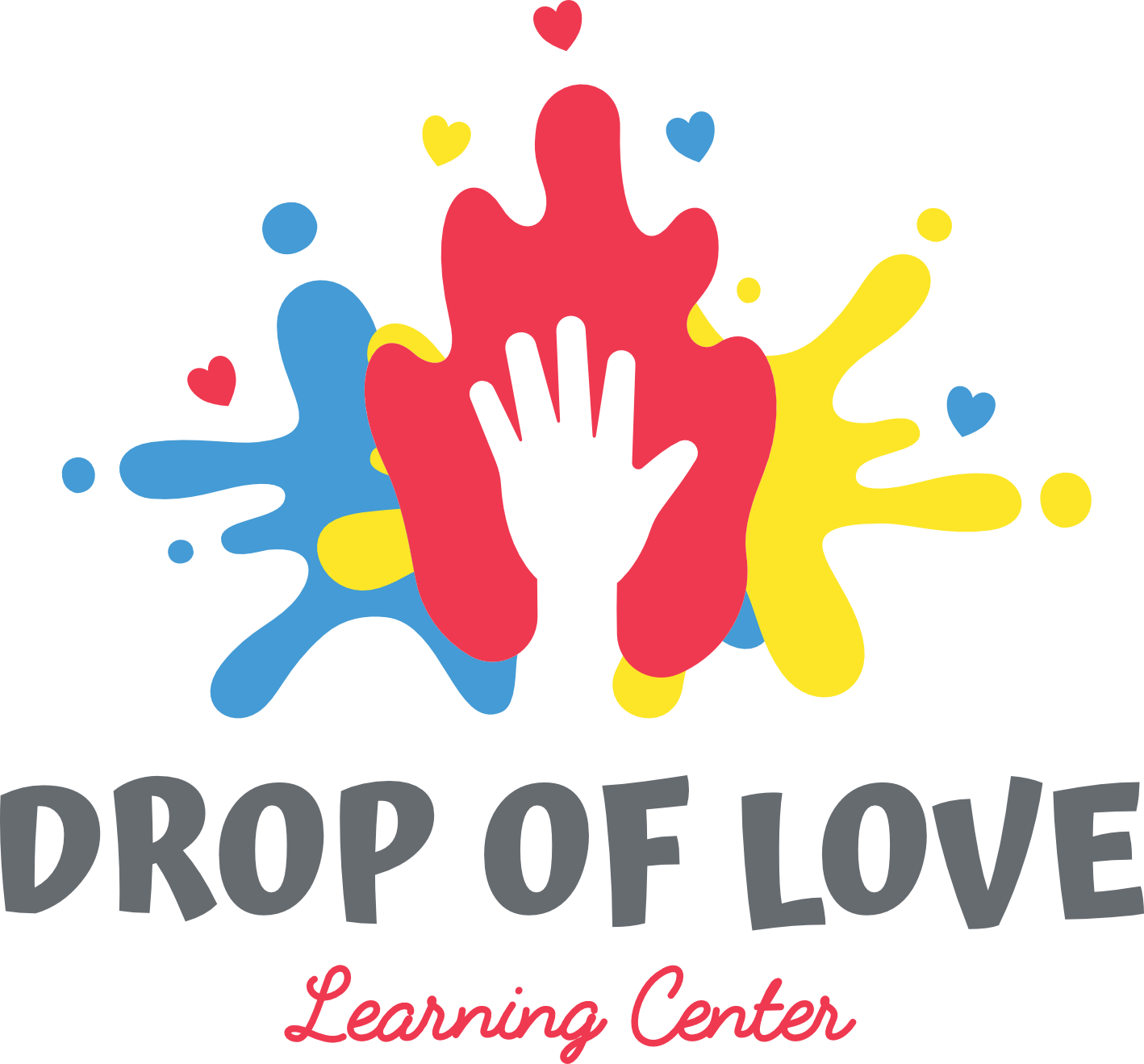Play as a Gateway to Social Success: Helping Preschoolers Thrive
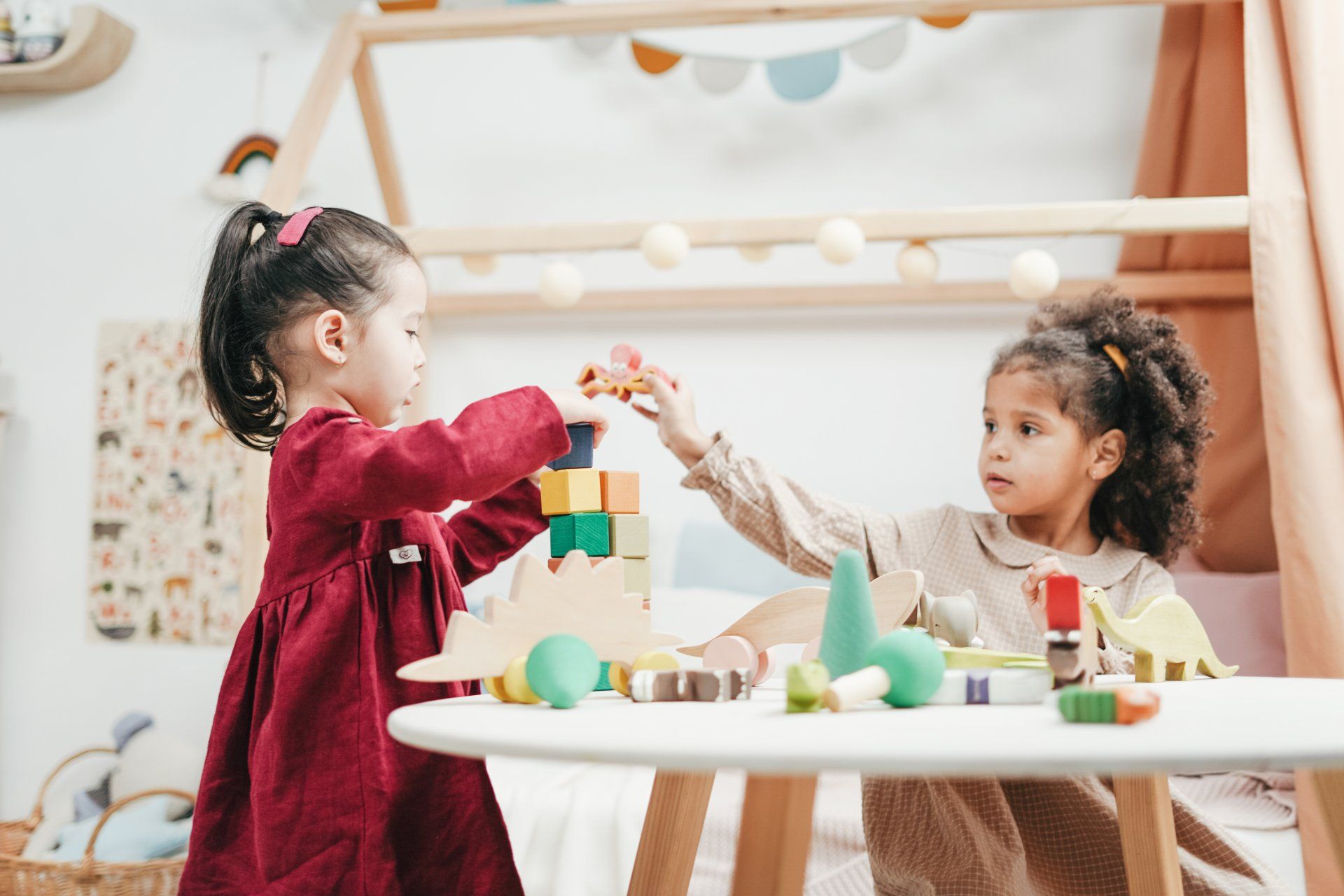
Social skills are critical for young children as they navigate their way through early childhood education. At Drop of Love Orlando, we believe that play is not only fun but also a vital tool for developing these essential social skills. From learning to communicate effectively to understanding the importance of empathy, play-based learning provides the foundation for positive relationships and social interactions. In this blog post, we’ll dive into how play helps preschoolers build and strengthen their social skills, and why these interactions are crucial for their emotional growth and future success.
How Play Enhances Social Skills in Preschoolers
While academics are an important part of early childhood education, social skills are just as crucial for preschoolers. These skills help children develop positive relationships with their peers, build confidence, and learn to navigate the complexities of group dynamics. Play provides a safe, structured environment where children can practice these social skills in real-life situations. Here’s how play can enhance key social skills:
1. Communication Skills
Play often involves interaction with others, which naturally promotes the development of communication skills. When preschoolers engage in imaginative play, role-playing games, or simple group activities, they practice using language to express themselves, ask for help, share ideas, and resolve conflicts. Through these experiences, children expand their vocabulary, learn new ways of communicating, and begin to understand the power of nonverbal cues like body language and facial expressions.
2. Cooperation and Teamwork
Whether it's building a structure together with blocks, playing a team sport, or participating in a group project, play encourages children to work with others toward a common goal. These cooperative activities teach children the value of teamwork, sharing, and compromise. Preschoolers learn that sometimes they need to give up their own ideas in order to collaborate and ensure that everyone’s voice is heard.
3. Empathy and Emotional Understanding
Imaginative play, such as pretend play or storytelling, allows children to put themselves in others’ shoes and explore different perspectives. For example, when a child plays house or doctor, they might take on the role of a parent, a teacher, or a nurse. By acting out different scenarios, children begin to understand the emotions, needs, and feelings of others. This helps them develop empathy, an essential component of positive social interactions.
4. Conflict Resolution
Disagreements and conflicts are a natural part of social life. Through play, preschoolers have numerous opportunities to practice resolving conflicts in a constructive way. Whether they’re negotiating over a toy, deciding on the rules of a game, or managing a disagreement with a friend, children learn how to express their feelings, listen to others, and find mutually agreeable solutions. These experiences lay the groundwork for strong problem-solving skills that children will use throughout their lives.
5. Building Confidence
Social skills are closely tied to a child’s sense of self-confidence. When preschoolers have the opportunity to engage in play, they begin to feel more secure in their ability to interact with others. As they successfully navigate social situations—whether it’s making a new friend, joining a group game, or contributing to a class discussion—children develop the confidence to approach future interactions with a positive attitude and a belief in their abilities.
The Role of Play in Preschool Social Development
At Drop of Love Orlando, we understand the importance of creating a play-rich environment where children can build these critical social skills. Our curriculum emphasizes both structured and unstructured play opportunities that allow children to learn through hands-on experiences. From teacher-guided group activities to independent imaginative play, we provide an environment where children can develop and practice their social skills in a safe and supportive setting.
Here are some types of play activities we incorporate into our curriculum that specifically target social skills development:
1. Cooperative Games and Team Activities
We encourage activities that require children to work together as a team. Whether it’s a group art project, a scavenger hunt, or a cooperative board game, these activities teach children how to collaborate, share resources, and communicate effectively with others.
2. Role-Playing and Imaginative Play
Through role-playing activities, children explore different characters and social roles, helping them understand perspectives beyond their own. Pretend play, such as playing “store” or “school,” provides a platform for children to practice social norms, follow instructions, and engage in creative problem-solving.
3. Group Storytelling and Discussions
Storytelling and group discussions are powerful tools for building communication skills and empathy. By listening to each other’s stories, children learn how to communicate their thoughts and feelings clearly, while also developing an understanding of others’ emotions and experiences. Group storytelling sessions also foster a sense of belonging, as children work together to create shared narratives.
4. Outdoor and Free Play
Outdoor play allows children to engage in unstructured play, where they can interact with their peers in an open environment. Whether it's running around in the playground, playing tag, or engaging in free-form games, outdoor play promotes teamwork, sharing, and the development of social bonds that enhance positive peer relationships.
5. Social Skill Building Circles
These structured group sessions are designed to focus specifically on social skills development. Through guided discussions and role-playing scenarios, children learn how to express themselves, resolve conflicts, and engage in cooperative behavior. These circles allow children to practice social skills in a low-pressure environment where they can receive guidance and feedback from teachers and peers.
Check out our insights on how emotional regulation plays a crucial role in early childhood development and why parent-teacher collaboration is essential for fostering a child's success. You can explore both topics in detail through these links: The Importance of Emotional Regulation in Early Childhood: A Key to Lifelong Success and The Role of Parent-Teacher Collaboration in Early Childhood Education.
Conclusion
Play is far more than just a fun activity; it’s an essential tool for building social skills in preschoolers. At Drop of Love Orlando, we believe that fostering strong communication, empathy, teamwork, and conflict-resolution skills through play helps children develop the emotional and social intelligence they need to thrive in school and life. By providing a safe, nurturing environment for play, we empower our young learners to become confident, kind, and capable individuals who are ready to build lasting relationships and succeed in their communities.
